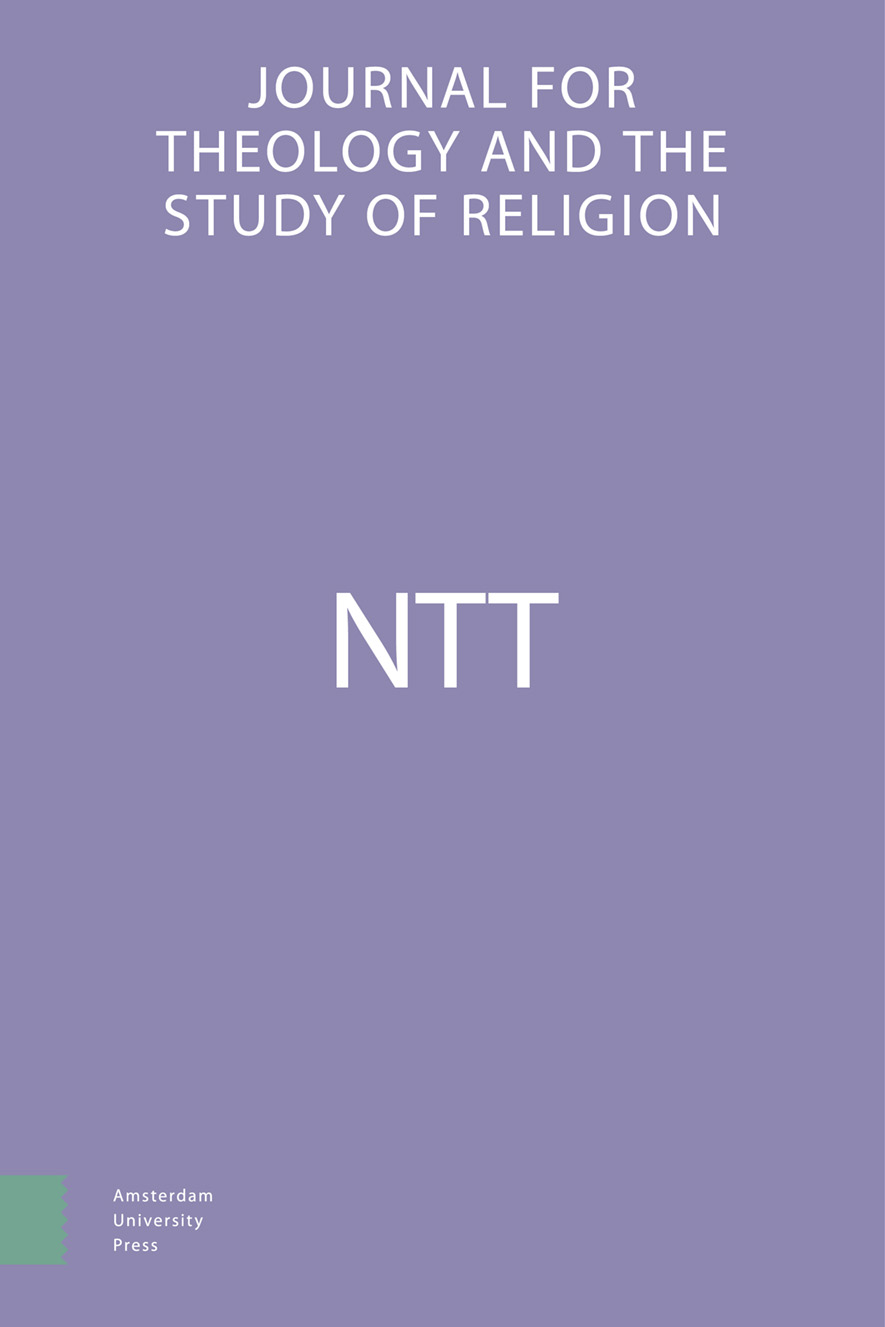-
oa Charles H. Long’s Significations (1986), or, Making Problems for the Study of Religion in the Netherlands
- Amsterdam University Press
- Source: NTT Journal for Theology and the Study of Religion, Volume 77, Issue 1, Apr 2023, p. 34 - 48
-
- 01 Apr 2023
Abstract
As part of NTT JTSR’s series on Key Texts, this article discusses Charles H. Long’s collection Significations: Signs, Symbols, and Images in the Interpretation of Religion. Since its publication in 1986, Significations has inspired a wide range of scholars in the United States. In this article, I will outline some of the main themes and concerns of the text and review its reception in (Black) religious studies. I will then explore the potential impact of Long’s work on religious studies in the Netherlands, where it has been largely overlooked. To do so, I will bring Significations in conversation with the recent debate on Markus Davidsen’s vision for the study of religion in the Netherlands (published in NTT in 2020). I will argue that Long, as a “bringer of problems,” can help “reorient” the field of religious studies in the Netherlands towards a more thorough, forceful, and self-reflexive engagement with (Dutch) colonialism and its afterlife—both as a material reality and as a hermeneutical problem.


